WELCOME TO THE ARCHIVE (1994-2014) OF THE MAQUILA SOLIDARITY NETWORK. For current information on our ongoing work on the living wage, women's labour rights, freedom of association, corporate accountability and Bangladesh fire and safety, please visit our new website, launched in October, 2015: www.maquilasolidarity.org
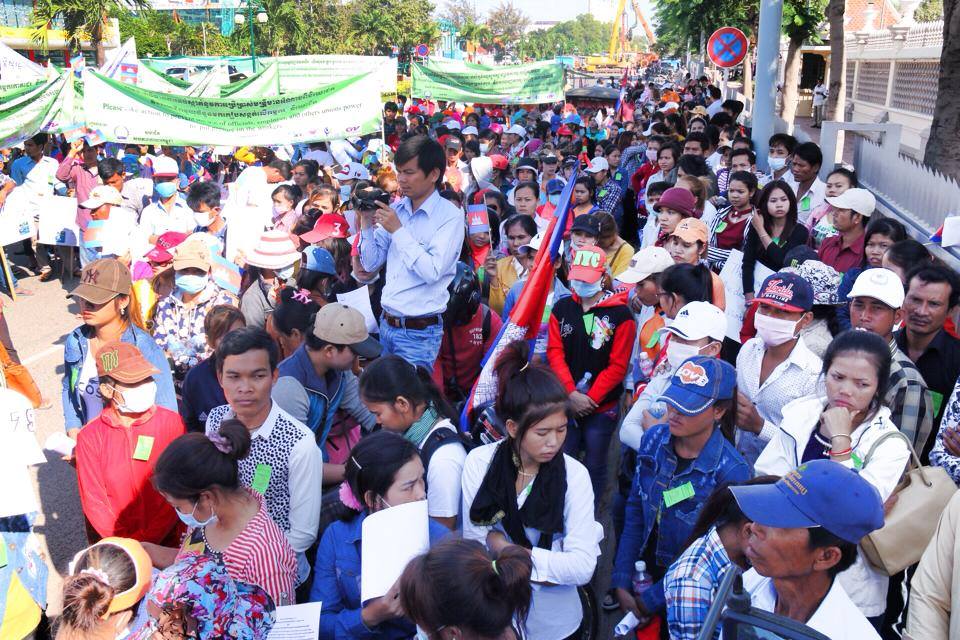 In response to increased pressure from Cambodian independent unions, their international supporters, and even some major apparel brands, on November 12, the Cambodian government announced it will be raising the minimum wage for garment workers from US$100 to $128 a month on January 1, 2015.
In response to increased pressure from Cambodian independent unions, their international supporters, and even some major apparel brands, on November 12, the Cambodian government announced it will be raising the minimum wage for garment workers from US$100 to $128 a month on January 1, 2015.
(September 2014) MSN's Global Survey of Living Wage Initiatives reviews a number of important studies, campaigns and initiatives to help achieve a living wage for garment workers in the global supply chains. The publication of this study was made possible by support from the European Union. It is part of a larger initiative that includes the Clean Clothes Campaign in Holland and the Asia Floor Wage Alliance.
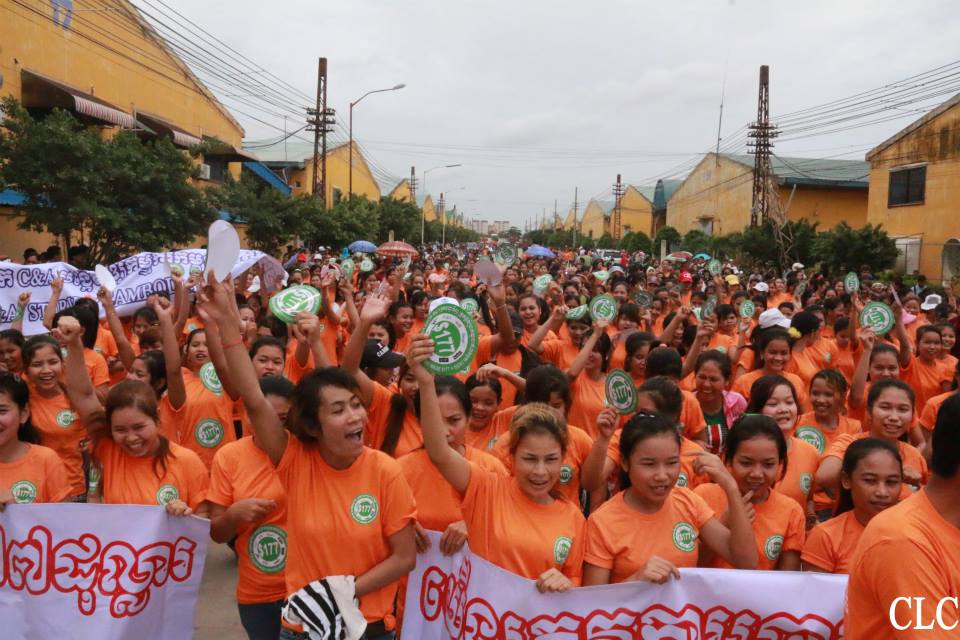
On September 17, thousands of Cambodian garment workers took part in lunchtime protests organized by eight Cambodian unions at an estimated 139 factories around the country, demanding a $177 per month minimum wage.
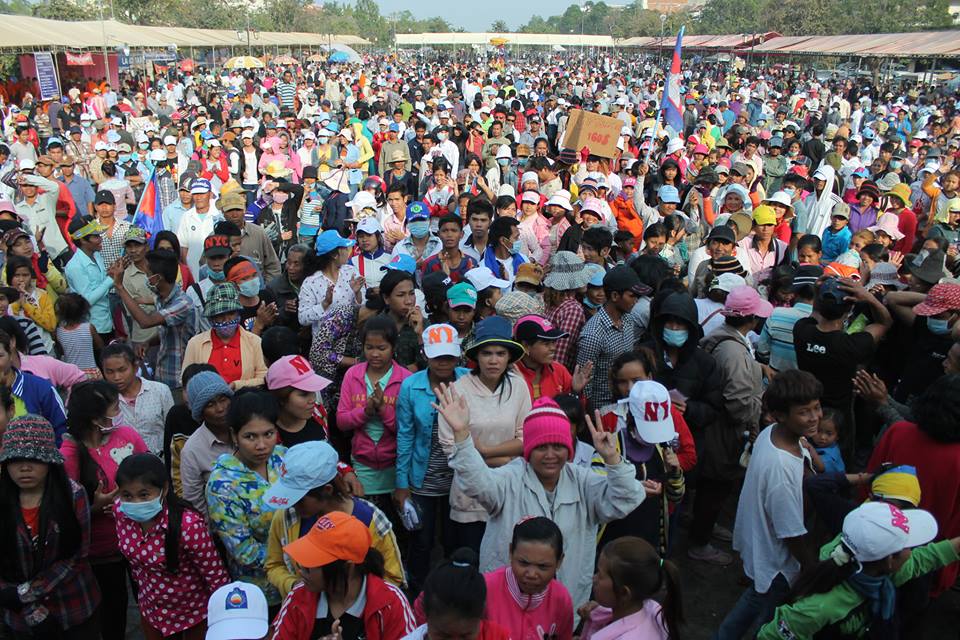 On March 8th, International Women’s Day, an expected 30,000 garment workers, the vast majority of whom are women, will come together in Phnom Penh’s Freedom Park for a mass Forum on Labour Rights to continue their struggle for an increase in the minimum wage to US$160/month, trade union rights, and the release of 21 activists who have been held in jail since early January. Meanwhile, photos published in local newspapers just one day prior to the forum showed approximately 2,000 riot police preparing for tomorrow’s Forum.
On March 8th, International Women’s Day, an expected 30,000 garment workers, the vast majority of whom are women, will come together in Phnom Penh’s Freedom Park for a mass Forum on Labour Rights to continue their struggle for an increase in the minimum wage to US$160/month, trade union rights, and the release of 21 activists who have been held in jail since early January. Meanwhile, photos published in local newspapers just one day prior to the forum showed approximately 2,000 riot police preparing for tomorrow’s Forum.
Much has happened in Cambodia since December of last year. A garment workers strike which began on December 24th was met with violent repression by military police leaving at least four people dead and injuring dozens of others. Since then, 23 people have been arrested with only two recently released on bail. The others remain in a notoriously isolated prison.
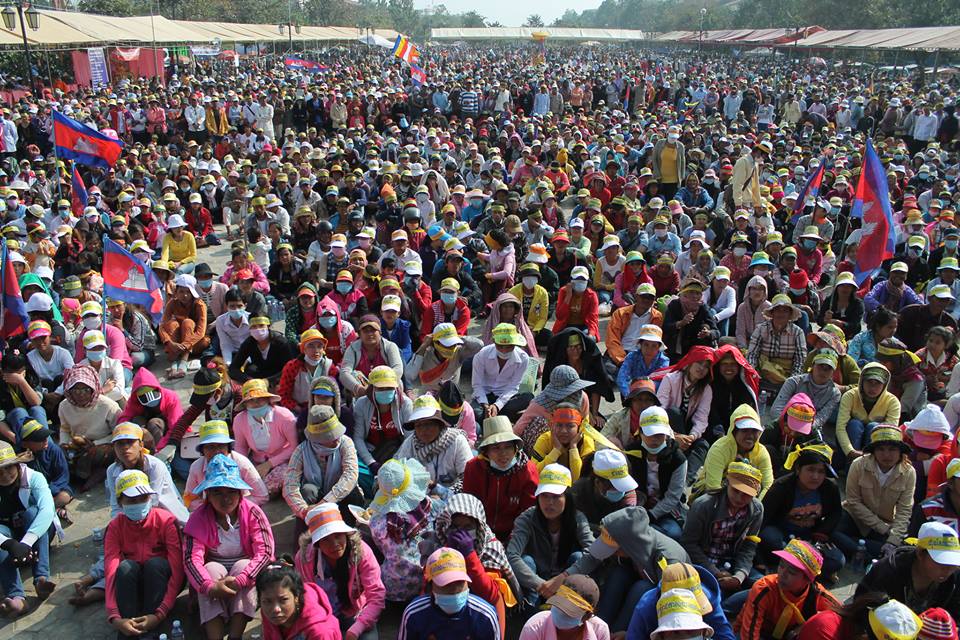 On February 10, trade union and human and labour rights organizations around the world staged demonstrations and delivered messages to Cambodian embassies calling for the release of 21 workers who are being detained for participating in a national strike for an increase in the minimum wage.
On February 10, trade union and human and labour rights organizations around the world staged demonstrations and delivered messages to Cambodian embassies calling for the release of 21 workers who are being detained for participating in a national strike for an increase in the minimum wage.
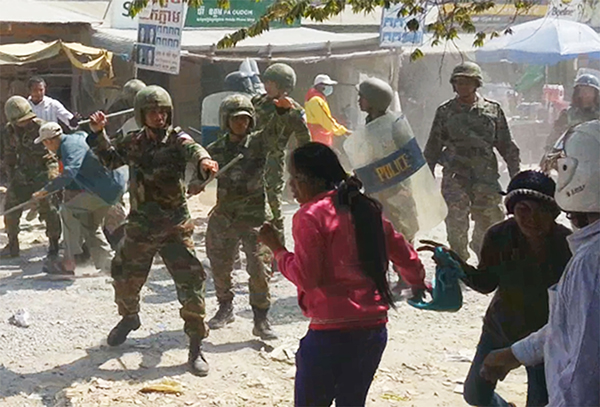 Thirty major apparel brands, together with the global unions ITUC, IndustriALL and UNI, have signed a joint letter to Cambodia’s prime minister Hun Sen, calling on his government to launch a prompt and thorough investigation into violent events of January 2-3.
Thirty major apparel brands, together with the global unions ITUC, IndustriALL and UNI, have signed a joint letter to Cambodia’s prime minister Hun Sen, calling on his government to launch a prompt and thorough investigation into violent events of January 2-3.
.jpg-zoom_1.jpg) Solidarity actions are taking place around the world in support of Cambodian garment workers who are facing government repression for taking part in a massive strike for an increased minimum wage. The workers currently receive some of the lowest wages in garment-producing countries around the world.
Solidarity actions are taking place around the world in support of Cambodian garment workers who are facing government repression for taking part in a massive strike for an increased minimum wage. The workers currently receive some of the lowest wages in garment-producing countries around the world.
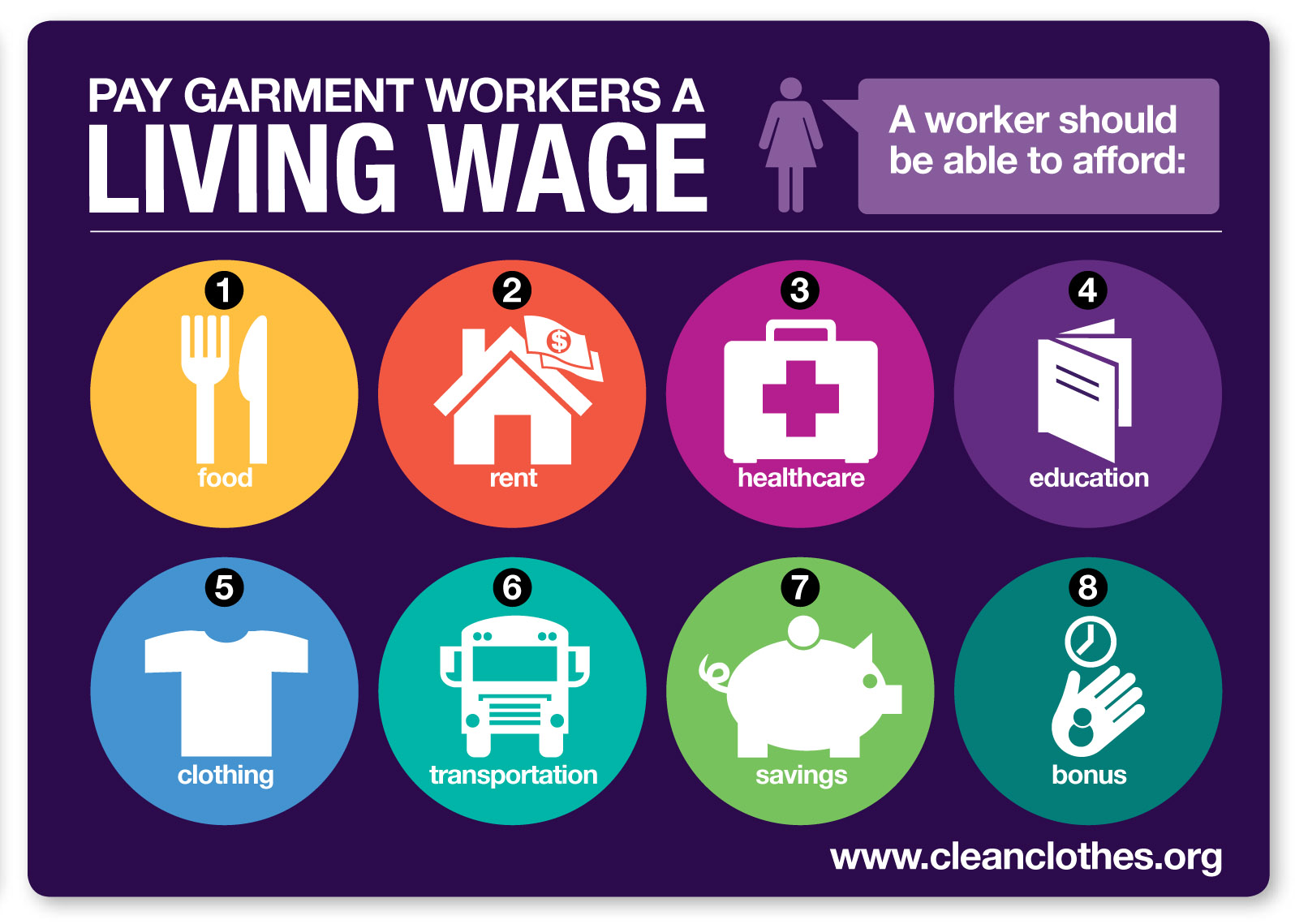 (photo: Clean Clothes Campaign)
(photo: Clean Clothes Campaign)
A number of recent studies confirm that garment workers' wages are far below
what they need to meet their basic needs.
A number of recent studies confirm that garment workers' wages are far below
what they need to meet their basic needs.